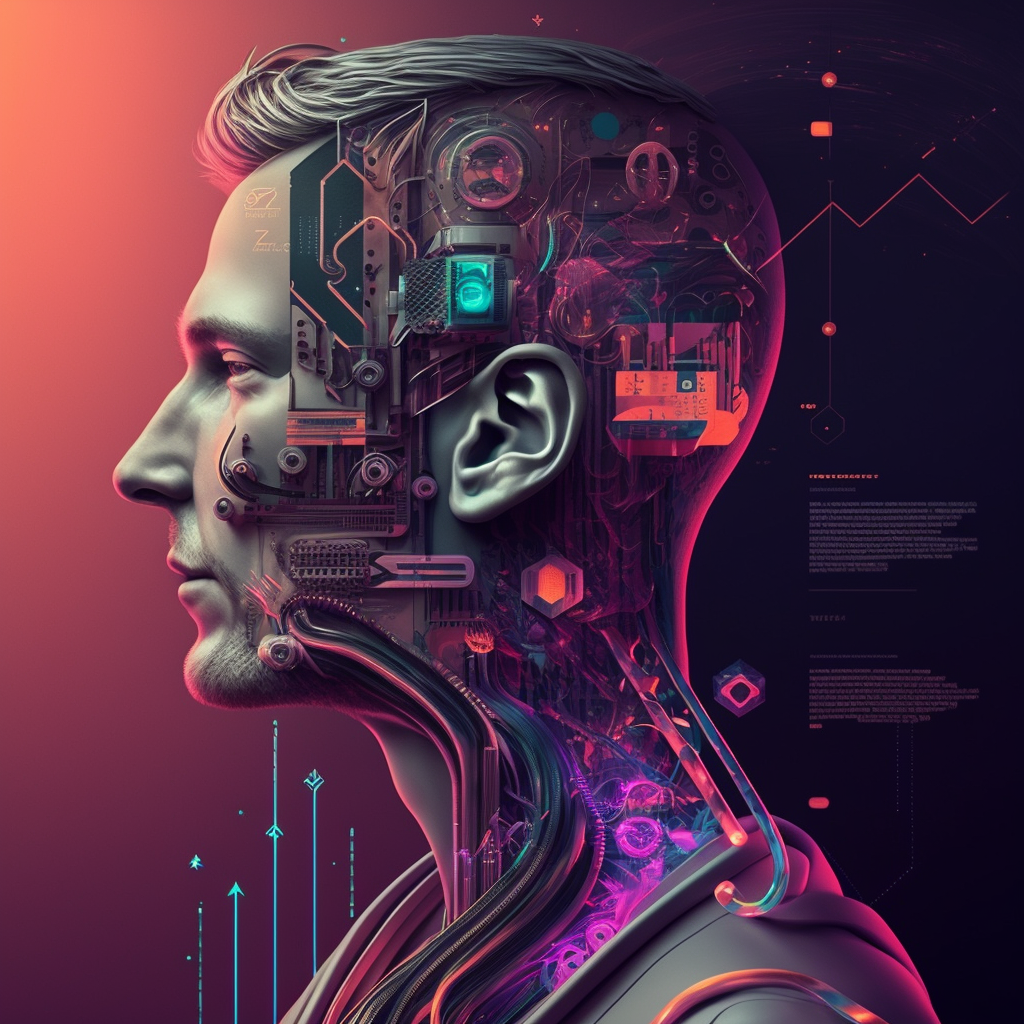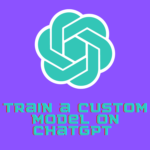ChatGPT for Healthcare: Revolutionizing the sector with AI
As the world becomes increasingly reliant on technology, the healthcare industry is no exception. Artificial Intelligence (AI) has made significant strides in recent years, improving patient outcomes, reducing costs, and enhancing the overall quality of care. One such AI innovation is ChatGPT, a language model based on the GPT-3.5 architecture, that is transforming the way patients and healthcare providers interact. In this article, we will explore the various applications of ChatGPT in healthcare, its benefits, limitations, and future potential.
What is ChatGPT?
ChatGPT is an AI-powered conversational agent that can understand and generate natural language responses. It can hold meaningful conversations with humans, answer complex questions, and provide personalized recommendations. It is based on the Generative Pre-trained Transformer 3.5 architecture, which has been trained on a massive corpus of data to generate human-like responses. ChatGPT can be integrated into various healthcare systems, such as Electronic Health Records (EHR), telemedicine platforms, and patient portals, to facilitate communication between patients and healthcare providers.
How is ChatGPT Used in Healthcare?
ChatGPT has several applications in healthcare, some of which are as follows:
Patient Engagement
ChatGPT can be used to engage patients by providing them with personalized health recommendations, monitoring their symptoms, and answering their queries. It can assist patients in scheduling appointments, refilling prescriptions, and tracking their medication adherence. Moreover, ChatGPT can be integrated with wearable devices, such as Fitbit and Apple Watch, to collect and analyze patient data in real-time.
Clinical Decision Support
ChatGPT can assist healthcare providers in making clinical decisions by providing them with relevant medical information, such as treatment guidelines, drug interactions, and diagnostic recommendations. It can help providers in identifying potential health risks and suggesting appropriate interventions. ChatGPT can also aid in medical education by providing healthcare professionals with up-to-date information on the latest medical research and best practices.
Mental Health Support
ChatGPT can be used to provide mental health support to patients by offering counseling, psychotherapy, and self-help resources. It can assist patients in managing their mental health conditions, such as anxiety, depression, and PTSD. ChatGPT can also help in crisis management by providing immediate support to patients in distress and directing them to emergency services if required.

Benefits of Using ChatGPT for Healthcare
The use of ChatGPT in healthcare has several benefits, such as:
Improved Patient Experience
ChatGPT can provide patients with personalized care, prompt responses, and convenient access to healthcare services. It can reduce wait times, minimize administrative burden, and enhance patient engagement. ChatGPT can also assist patients in making informed decisions about their health by providing them with relevant information and resources.
Enhanced Efficiency and Cost-Effectiveness
ChatGPT can improve the efficiency of healthcare delivery by automating routine tasks, such as appointment scheduling and medication reminders. It can reduce the workload of healthcare providers, enabling them to focus on more complex tasks. ChatGPT can also reduce healthcare costs by minimizing the need for face-to-face consultations, hospital admissions, and emergency room visits.
Improved Quality of Care
ChatGPT can enhance the quality of care by providing healthcare providers with real-time access to patient data, facilitating communication between healthcare teams, and improving clinical decision-making. It can also help in reducing medical errors by providing accurate and timely information to healthcare providers.
Limitations of Using ChatGPT for Healthcare
Despite its potential benefits, the use of ChatGPT in healthcare also has some limitations, such as:
Limited Ability to Handle Complex Cases
ChatGPT may not be able to handle complex medical cases that require specialized knowledge and expertise. In such cases, healthcare providers may need to intervene and provide more personalized care.
Privacy and Security Concerns
ChatGPT requires access to patient data, which may raise privacy and security concerns. Healthcare providers need to ensure that patient data is kept secure and confidential.
Bias and Accuracy Issues
ChatGPT may exhibit bias or inaccuracies in its responses, which can impact the quality of care. Healthcare providers need to ensure that ChatGPT is trained on unbiased and accurate data to avoid such issues.
Future Potential of ChatGPT for Healthcare
The future potential of ChatGPT in healthcare is vast, as AI continues to evolve and improve. Some potential applications of ChatGPT in the future are:
Personalized Medicine
ChatGPT can be used to provide personalized medicine by analyzing patient data and providing tailored treatment recommendations. It can also assist in drug discovery by analyzing vast amounts of medical data and identifying potential drug targets.
Health Monitoring and Early Detection
ChatGPT can be integrated with wearable devices to monitor patients’ health in real-time and detect early signs of health problems. It can also assist in disease surveillance by analyzing medical data and identifying disease outbreaks.
Improved Healthcare Delivery
ChatGPT can improve healthcare delivery by automating routine tasks, reducing administrative burden, and improving communication between healthcare teams. It can also assist in healthcare planning by analyzing medical data and identifying areas for improvement.
ChatGPT is an AI-powered conversational agent that is revolutionizing healthcare by improving patient engagement, clinical decision-making, and mental health support. Its benefits include improved patient experience, enhanced efficiency and cost-effectiveness, and improved quality of care. However, its limitations include limited ability to handle complex cases, privacy and security concerns, and bias and accuracy issues. The future potential of ChatGPT in healthcare is vast, with potential applications such as personalized medicine, health monitoring, and improved healthcare delivery. As AI continues to evolve, ChatGPT will continue to play a crucial role in transforming healthcare delivery.




